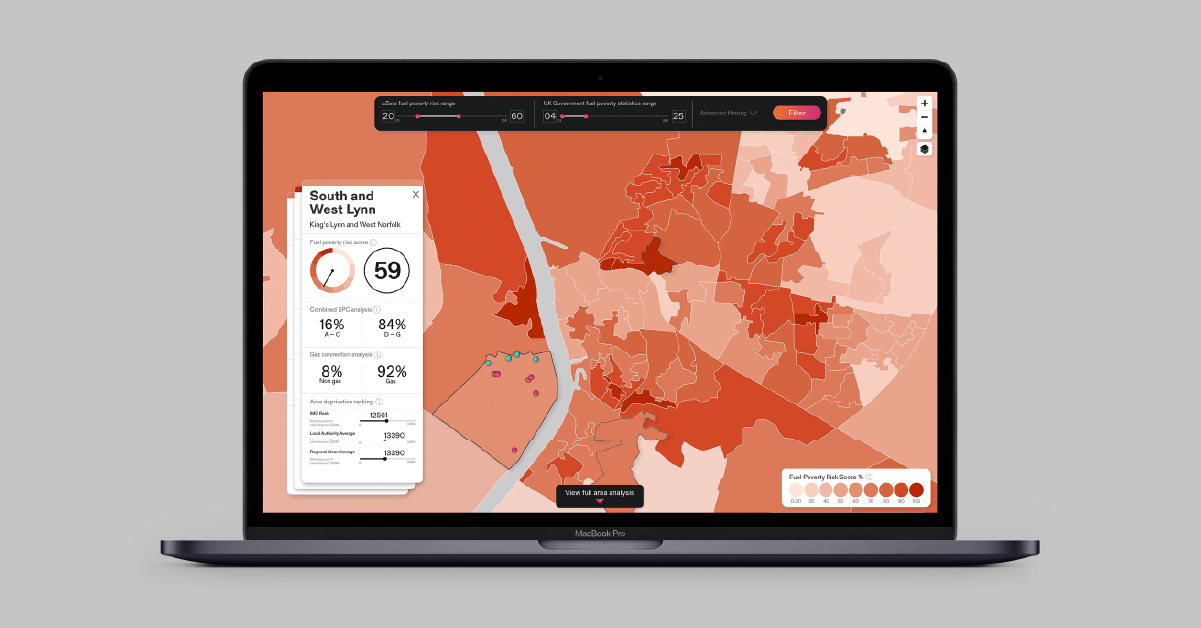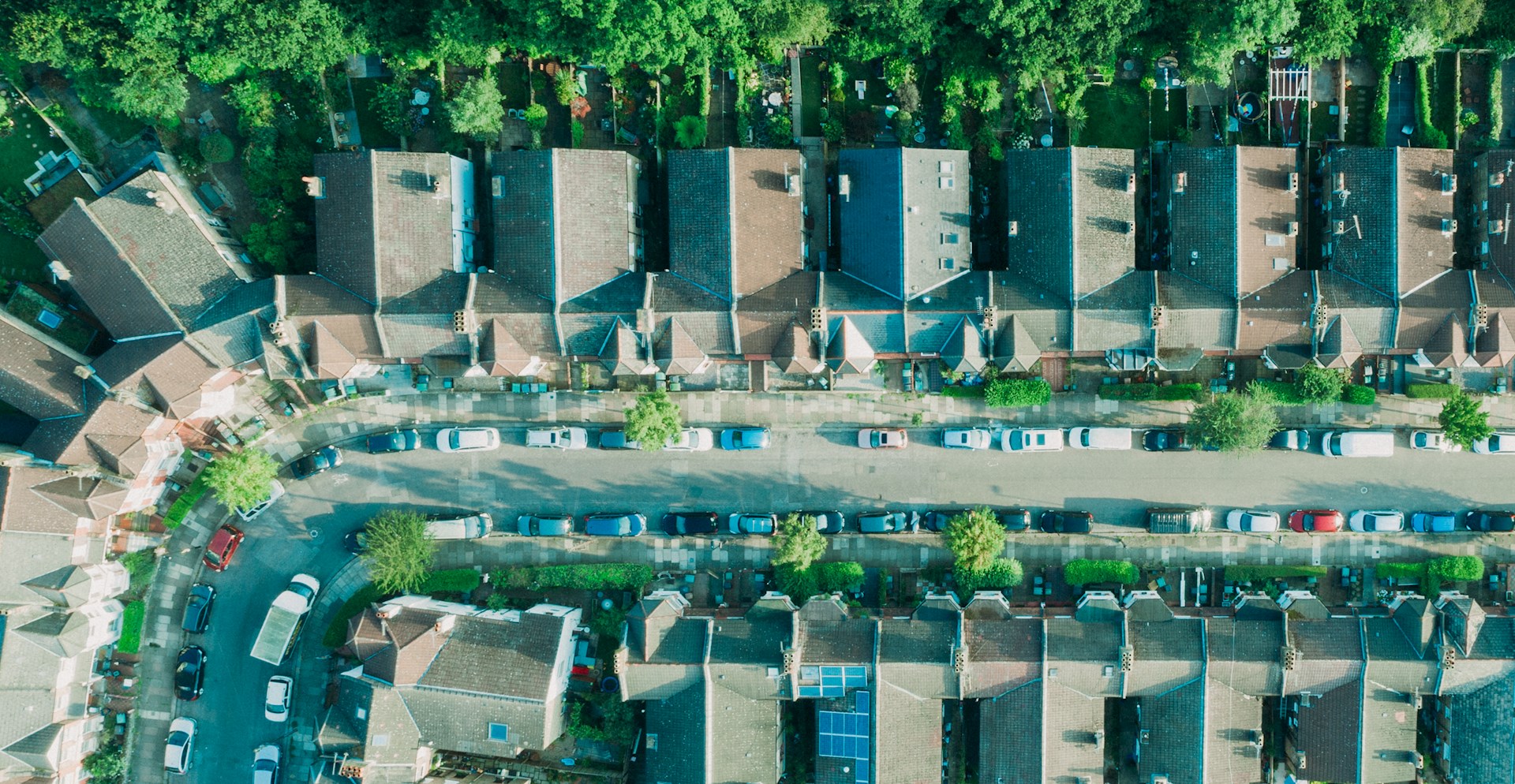With over 28 million meters on the wall, the DCC network provides an unrivalled source of data, and we believe we have a critical role to play in unlocking and reusing this data to decelerate climate change and deliver public benefit. The current cost of living crisis is unprecedented, and with winter fast approaching, fuel poverty is a significant social problem affecting millions of households within Britain. A household is in fuel poverty when they are unable to heat their home to an adequate temperature with the potential to cause poor health, a negative impact on wellbeing and even mortality.
The Government defines fuel poverty by using the ‘Low Income Low Energy Efficiency indicator’. It comprises of two elements, first if an individual or family is living in a property with an energy efficiency rating of band D or below. Second, when the household has to spend the required amount to heat their home and are left with a residual income below the official poverty line. This secondary element considers household income, household energy requirements and fuel prices.
Energy suppliers, local authorities, DNOs, Government and other organisations invest tens of millions of pounds each year to deploy services that help improve the energy efficiency of a property and therefore the health and wellbeing of residents. There are many challenges to the effective roll-out of these measures – including incomplete and sometimes historic data, which offers low level of granularity, and makes it difficult to identify eligible properties and accurately target activity where it’s most needed.
A new, smarter approach is needed
Urban Tide is an Edinburgh-based technology firm that has been working with a number of partners, including the DCC, to develop a new tool that will help to identify properties at risk of, or that are in, fuel poverty. The software called ‘uZero’ uses AI and anonymised data from the DCC and was developed as part of a two-year project under the UK Research Institute’s Modernising Energy Data Applications (MEDA) programme which has provided funding, along with BEIS. uZero was developed with other partners including Greater South East Net Zero Hub, University College London and Connected Places Catapult, and aims to provide five benefits to help tackle fuel poverty.
- Effectively identify areas in fuel poverty - Making it easier to identify areas in or at risk of falling into fuel poverty. This includes ‘hidden pockets’ of households in fuel poverty and higher debt risk that would otherwise escape detection.
- Provide better targeted support - Makes active targeting more efficient and early intervention more effective, providing higher returns on investment when running energy efficiency campaigns.
- Identify priority areas for retrofitting - In cases where demand for retrofit measures outstrips the time or budget available, uZero can help identify where to prioritise delivery for maximum efficiency.
- Improve uptake of efficiency schemes - Supports organisations to improve the uptake of efficiency schemes amongst fuel-poor households, leading to lower energy bills and improved comfort and wellbeing.
- Create brand new insights - Provides a ‘before and after’ comparison of the fuel poverty risk that can help organisations and their delivery partners better understand their programme’s success in genuinely reducing fuel poverty.

Data and good governance
Better use of data has the potential to fundamentally change Britain’s approach in delivering energy efficiency to those who need it most, reducing energy bills, providing health improvements, and playing a significant part in reaching our net zero goals. If used appropriately and with robust governance, data can have a positive impact on society and help accelerate the UK’s efforts to reach net zero.
This must be done with security and privacy at the forefront, so that consumers retain complete control, and confidence in the use of their data to deliver public benefit. Transparency and accountability are the backbone of good governance, and these are necessities when establishing trustworthy institutions.
Used appropriately, smart meter system data can help not only to provide support to those most in need but also understand who might be left behind by the energy system as it evolves – helping to overcome challenges of exclusion whether through digital literacy or other demographics.
Moving forward
This is just the tip of the iceberg. In order to see what lies beneath, all of us - and by that I mean legislators, regulators, the energy industry and the public - need to come together, to discuss a route forward in data sharing, so that programmes such as uZero are not a one-off but the first of many examples of how data can be used in a secure, transparent and appropriate way to deliver public good and help us all lead smarter, greener lives.

Matt James
Head of Strategic Innovation
Further reading





